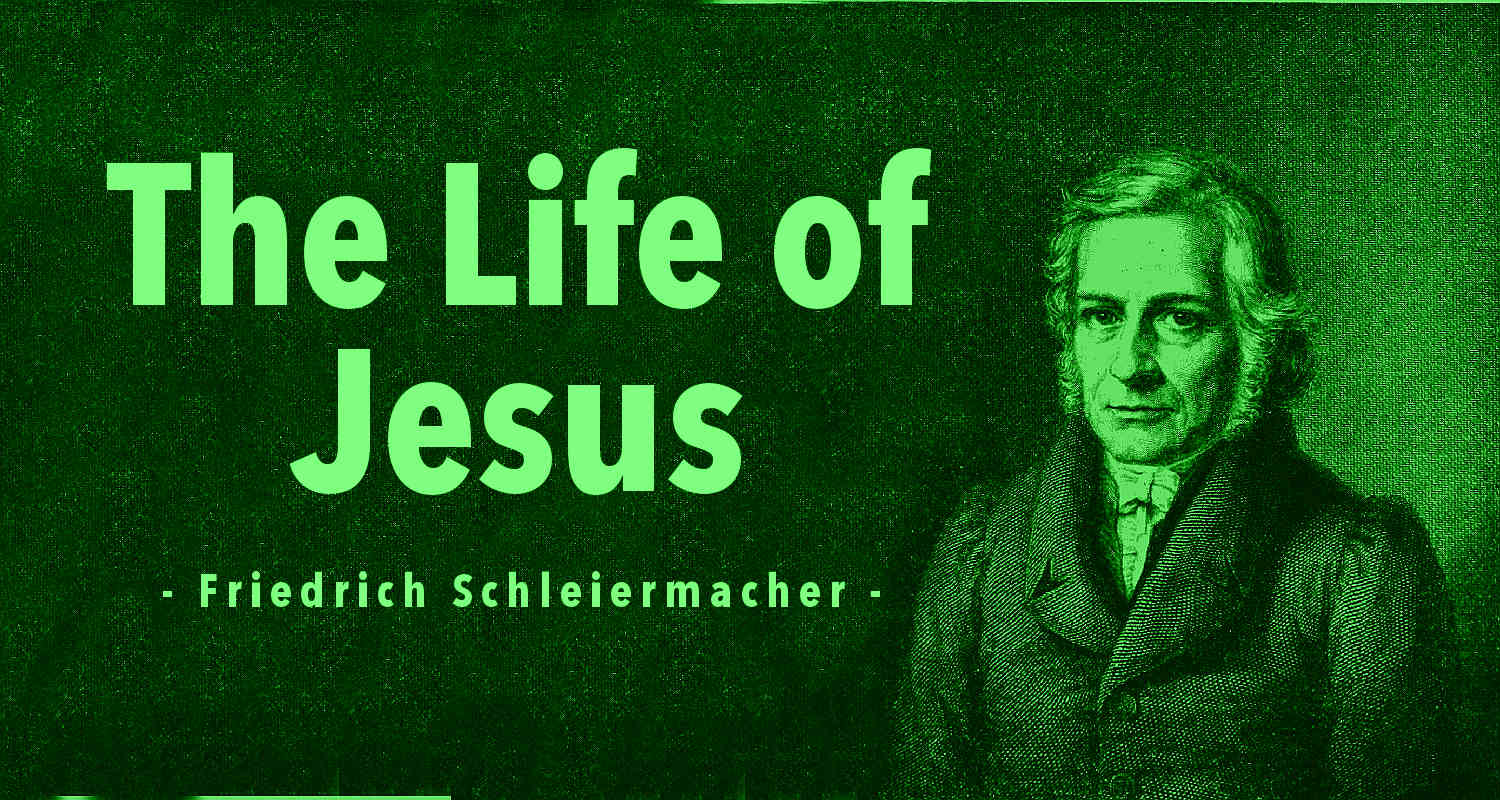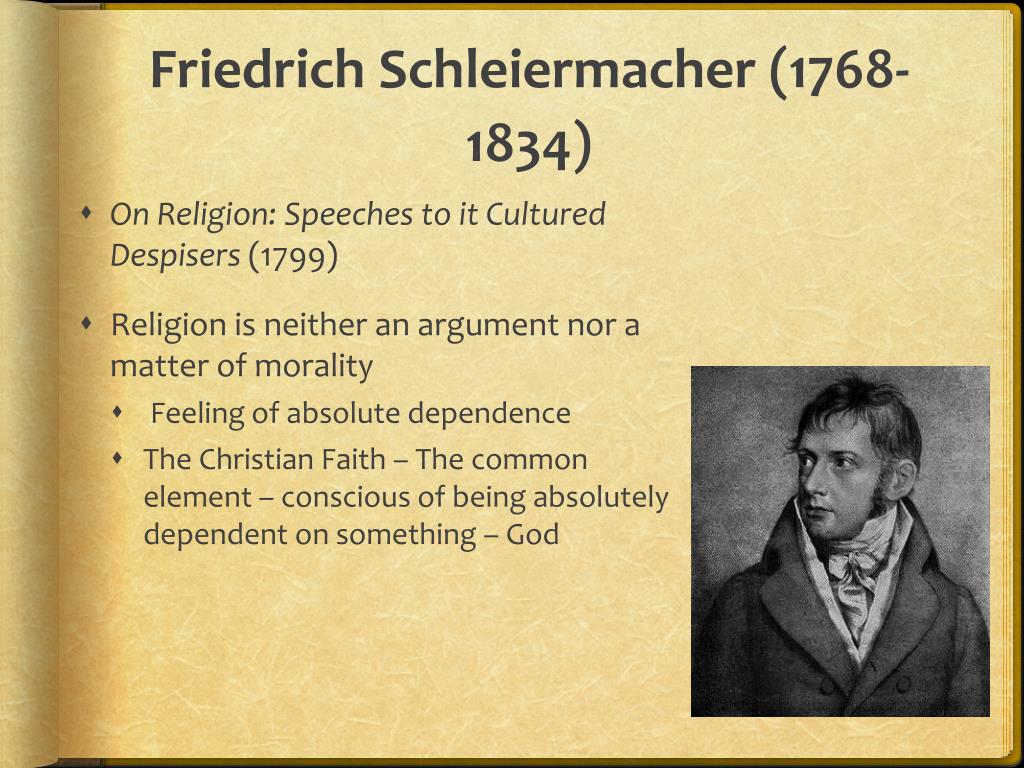
The German Idealists Krause, Hegel and Schelling focused instead on the progressive self-manifestation of God in the world of creation in and through a dialectical process governed by Divine Mind or Will. The ancient Greek Orthodox tradition, for example, can be retrieved to set forth what might be called soteriological panentheism whereby the communitarian life of the three divine persons of the Christian doctrine of the Trinity is freely offered to all creatures at the end of the world. In this essay, in dialogue with the contemporary Danish theologian Niels Henrik Gregersen I review various historical positions re panentheism before concluding with a summary statement of my own understanding of the God-world relationship. If you believe you should have access to that content, please contact your librarian.The term “panentheism” (literally, everything in God) mediates between pantheism of the sort espoused by Spinoza and classical theism (God as transcendent Creator of the world). The institutional subscription may not cover the content that you are trying to access. Oxford Academic is home to a wide variety of products. You can be signed in to your personal account and your institution’s account at the same time.Ĭlick the account icon in the top left to view your signed in accounts and access account management features.

Here you will find options to view and activate subscriptions, manage institutional settings and access options, access usage statistics, and more.

Some societies use Oxford Academic personal accounts to provide access for their members.įor librarians and administrators, your personal account also provides access to institutional account management. Some societies use Oxford Academic personal accounts for their members.Ī personal account can be used to get email alerts, save searches, purchase content, and activate subscriptions. If you do not have a society account or have forgotten your username or password, please contact your society. Do not use an Oxford Academic personal account.

Get help with access Institutional accessĪccess to restricted content on Oxford Academic is often provided through institutional subscriptions and purchases. Second, some scholars treat Schleiermacher's concepts of “religion” and “true religion” as synonymous, thus disregarding his differentiation between ideal and actual religion.

First, standard interpretations describe Schleiermacher's view of religion as “purely interior” (21), whereas, in fact, it is historical and social, as opposed to atemporal and individual. At the outset, he notes three areas of research as “main parameters” (18) for his reconstruction. For Dole, the alternative emphasis on the autonomy of religious experience merely shields religion from critical historical inquiry and displays an unwarranted modesty. Schleiermacher's goal is to reconcile adherence to a religion with pursuing reliable knowledge about it. Andrew Dole's thorough study, Schleiermacher on Religion and the Natural Order, which began as a doctoral dissertation at Yale, explains why Schleiermacher's thinking should not be classified under the label “experiential-expressive.” It defends the thesis that religion, for Schleiermacher, is a distinctively natural phenomenon.


 0 kommentar(er)
0 kommentar(er)
